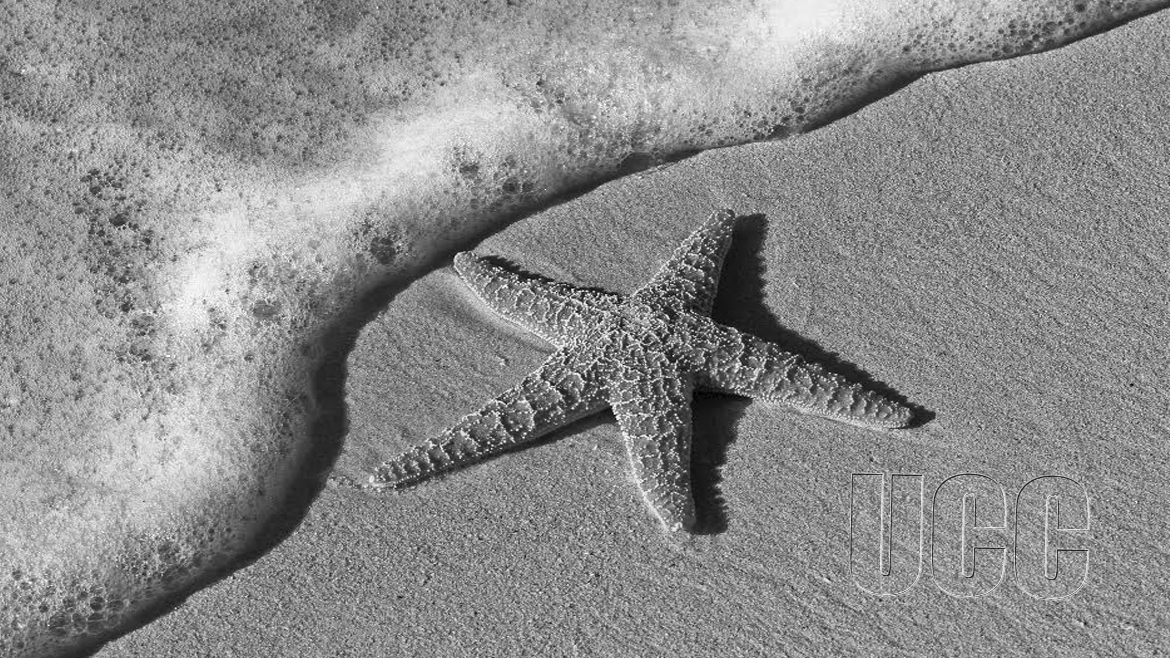A Professor of Development Economics at the School for Development Studies, Prof. John Victor Mensah, has decried the incessant politicisation of the country’s industrialisation by succesive governments.
Analysing the trend of performance of the industrial sector under various governments from the era of independence to date, Prof. Mensah described Ghana’s industrialisation as largely rhetoric.
Prof. Mensah made these statements when he delivered his Inaugural Lecture on the topic “Ghana’s Industrialisation-Rhetoric or Reality?”
Making Industrialisation a Reality
The Development Economist, posited that, with the exploration of crude oil and gas, the government, private sector and civil society need to work in a concerted manner to undertake innovative and pragmatic actions to make industrialisation a reality. Prof. Mensah said the importance of the industrial sector could be seen in terms of value addition of primary goods, prolonging the shelf life of perishable goods, creating employment, conserving foreign exchange earnings and through exports.
Developments in Ghana's Industrial Sector
Outlining developments in the industrial sector over the years, Prof. Mensah said immediately after Ghana’s independence, the government launched a massive industrialisation drive. He stated that the 1960-1970 period was characterised by Import Substitution Industrial (ISI) policies and income stagnation adding that the 1970-1983 period was marked by structural problems and economic decline.
Prof. Mensah indicated that in 1984, after the introduction of Economic Recovery (ERP) and Structural Adjustment Programme (SAP) policies, the economy started to recover slowly. However, he noted that “Until the production of crude oil in commercial quantities in 2011, the relative contribution of the industrial sector to national output remained at the bottom after agricultural and services sectors”.
In 2011, he said the services sector contributed 48. 5 per cent to Gross Domestic Product (GDP), followed by industry (25.9%) and the agricultural sector (25.6%). “This is the first time in Ghana’s economic history that the industrial sector narrowly outpaced the agricultural sector,” he stated. He explained that the industrial growth was strongly driven by oil, construction and mining sub-sectors adding that beyond 2011, services and industrial sectors showed slight growth while agricultural sector recorded negative growth. “Here one would argue that Ghana’s industrialisation is becoming a reality” he noted.
Export of Raw Industrial Outputs
In spite of the positive signs recorded in the 2011 period, Prof. Mensah said the industrial sector was characterised by exports of virtually no value addition of crude oil, minerals and other industrial outputs, thereby still suffering from external shocks in commodity prices.
Prof. Mensah said the poor performance of the industrial sub-sector was evident stressing that “Prior to 2008, manufacturing was the leading sub-sector of the industrial sector, followed by the construction sub-sector. However, Prof. Mensah said the contribution of the manufacturing sub-sector showed declining trend throughout the period of 2007-2015 as construction became the leading sub-sector. “This suggests that the manufacturing in Ghana is rhetoric,” he noted.
Prof. Mensah mentioned political instability, internal economic mismanagement, inadequate capital for operators, rapid depreciation of the cedi, high cost of credit and trade liberalisation as some of the factors inhibiting the growth of industrialisation in Ghana.


